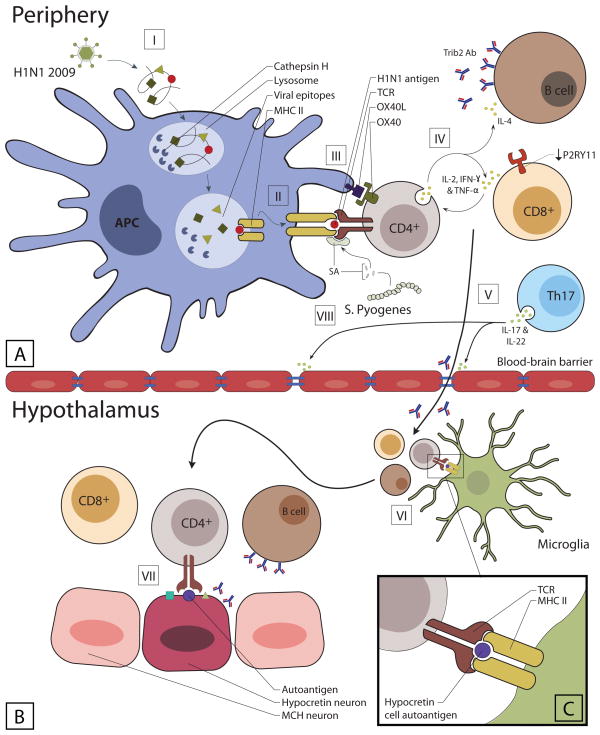Figure 1. Autoimmunity and hypocretin cell loss.
[I] Following phagocytosis, APCs degrade H1N1 influenza virus in the lysosome, a process facilitated by cathepsin H.
[II] Peptides from the virus are presented on the surface of APCs in the context of MHC class II (DQA1*01:02-DQB1*06:02) for cognate TCR recognition.
[III] Hypocretin specific CD4+ T cells recognizes the presented antigen and is activated. After being activated, the CD4+ T cells upregulate the expression of OX40 which is an important costimulatory molecule recognized by APCs that express OX40L.
[IV] Activated CD4+ T cells secrete IFN-γ, TNF-α and IL-2, which stimulate CD8+ T cells and drive a Th1 mediated immune response. IL-4 from activated CD4+ T cells promotes a humoral response leading to the production of Tribbles2 antibody by B cells.
[V] Generation of super antigens as a result of streptococcus infection activates Th17 cells, facilitating the breakdown of the blood-brain barrier through the secretion of IL-17 and IL-22. Increased permeability allows for the migration of activated T cells, B cells, and TRIBBLES2 antibodies into the CNS.
[VI] Migration of activated T cells and B cells through the BBB is followed by interaction with CNS APCs (microglia) that present autoantigens (hypocretin cell autoantigens) in the context of DQA1*01:02-DQB1*06:02
[VII and inset C] Reactivated T cells reach the hypothalamus and recognize hypocretin neurons, inducing effector functions such as the secretion of cytokines or cytotoxic compounds.
Moreover, super-antigens from streptococcus cross-link the MHC and TCR molecules independent of antigen specificity activating the autoreactive T cell. This may lead to sensitization to hypocretin-specific antigens and form the basis for subsequent booster reactions of cross-reactive CD4+ T cells, a process that finally will end in an autoimmune reaction against hypocretin neurons.
APC, antigen presenting cell; MCH, melanin concentrating hormone; MHC, major histocompatibility complex; TCR, T cell receptor.

